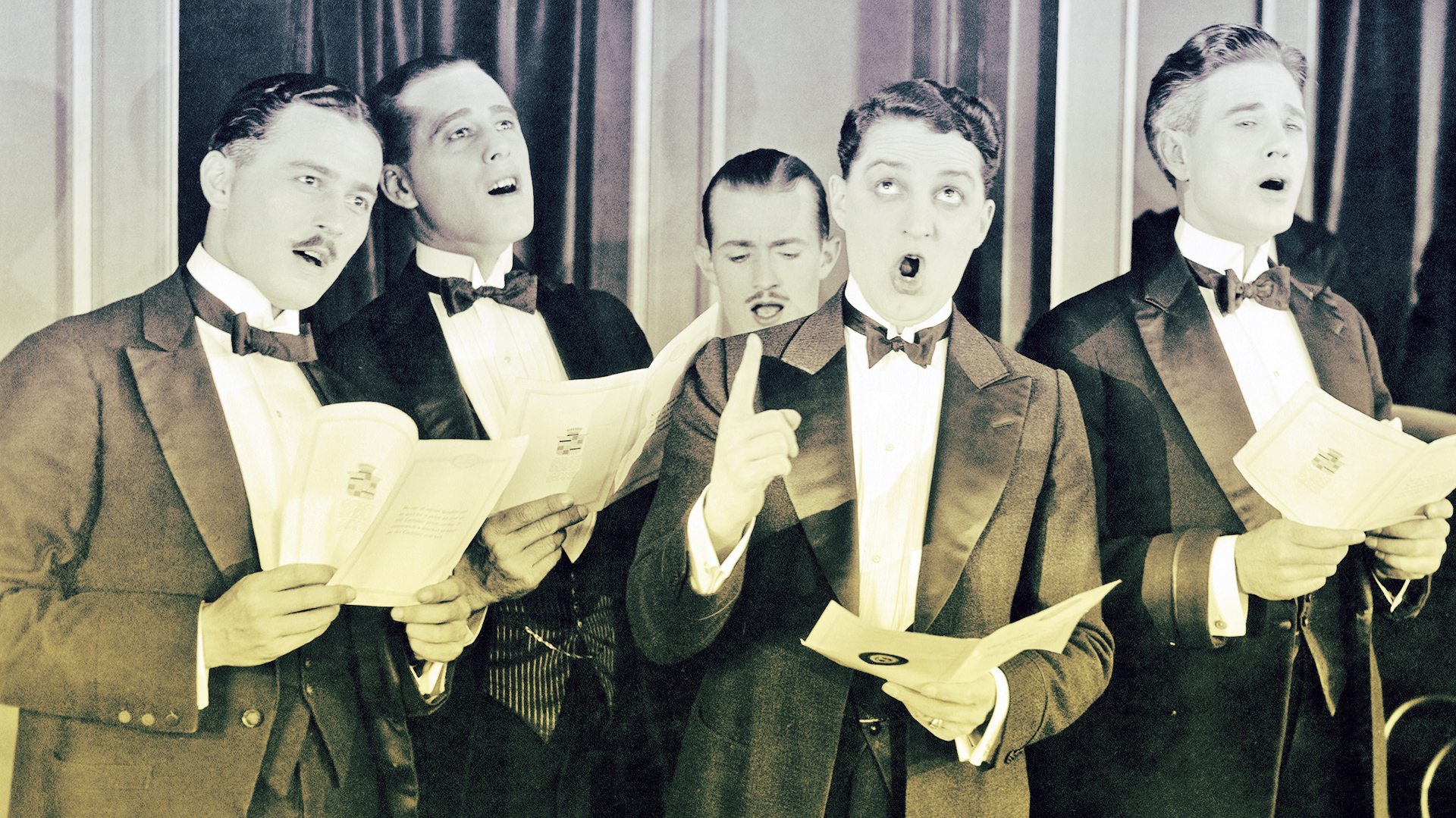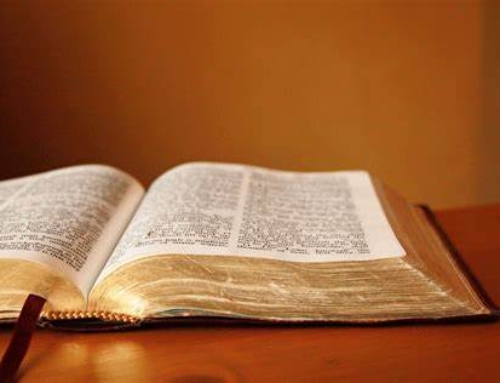A tweet I posted has garnered a wide response. I stated that praise and worship was okay for praise and worship events, but not for the liturgy of the Mass.
Some folks asked why– and isn’t the point of Mass praise and worship?
The fact is, the divine liturgy is not less than praise and worship. It is more than a praise and worship event.
When I say Praise and Worship event I mean essentially a kind of sacred singalong–in which contemporary musicians lead the faithful in an inspiring and rousing sing song or concert. This might be interspersed with testimony and inspirational reflections.
This is all well and good as far as it goes, and it is the kind of default setting for most Protestant worship in one way or another.
However, this is not essentially what the Divine Liturgy is about. Praise and worship are part of the Divine Liturgy, but not the essential part.
It is best first of all to remind ourselves what the liturgy is for. The liturgy is the re-presentation of the once for all sacrifice of Christ on the cross. In the liturgy we bring into the present moment Christ’s sacrifice and apply its benefits to the needs of this present moment.
It is through this action that we also offer ourselves, our souls and our bodies as a living sacrifice, and it is through this that we offer praise, thanksgiving and worship to Almighty God.
The music is part of this greater offering. It is indeed praise and worship, but it is subordinate and complementary to this greater action of worship, sacrifice and offering.
Consequently the music style and delivery should be suitably complementary to what is going on at the altar. Any kind of music–be it classical or contemporary, rock or baroque should not distract from the action of the sacrifice of the Mass. In other words, the music should not draw attention to itself. Like the architecture, it glorifies the Mass and is built out from and directs all attention to the sacrifice of the Mass on the altar.
If this is so, then what is the proper form of sacred music? It could be ancient or modern. Sacred music is not good or bad simply because it is old or new. I remember one kooky Catholic bishop in England who decreed that all hymns chosen at liturgies where he was to preside should not include anything composed before 1963. That is just as dumb as saying all music before 1963 is precious and wonderful. Of course not. The era in which music is written does not determine its quality of suitability for use in the liturgy.
Sacrosanctum Concilium the Constitution on the Sacred Liturgy from the Second Vatican Council says that Gregorian chant and polyphony are the preferred forms of sacred music for the liturgy. Funny how that has got lost in the “spirit of Vatican 2” that has prevailed in the choice of music for Mass.
So then. Praise and worship music at Mass? Usually no, but maybe a little. But here’s why.
Firstly, the major parts of the Mass itself are set to music beautifully. The Gloria, the Sanctus, the Agnus Dei and the Lord’s Prayer are all musical parts of the Mass. The Entrance and Communion psalms and antiphons are also part of the musical setting of the Mass. All these texts and musical parts are intrinsically designed to complement the action of the Mass as I have explained above.
Hymns have a secondary part to play. A good processional hymn or recessional hymn can set the tone for Mass, help bring to light the readings of the day and stir the faithful to greater devotion. Likewise, well chosen communion hymns and songs can deepen devotion as the people make their communion. At these two or three points good hymns that are well chosen can complement the action of the Mass beautifully. To understand what makes a good hymn you might want to read some of my archived posts. This link takes you to a ten part blog post on what comprises a good hymn and why we should sing them.
How should the music be performed? The all too typical praise band up front with guitars, drums and keyboard do exactly what music at Mass is not supposed to do. It turns the music into a performance. The singers and musicians are up front and drawing attention to themselves–even if they are attempting a reverent and quiet posture.
The choice of much of the contemporary music is also detrimental. The lyrics are often centered not on what is going on at the altar, but on the subjective emotions of the person singing or the individuals in the congregation. Often the lyrics are not about Jesus, God or the Mass, but about the congregation gathering together and being welcoming and going out into the world to do good. While these are okay in a pep rally sort of way, the Mass is not a pep rally.
Often the style of music is secular, not sacred. Usually the praise and worship music mimics pop song culture, sentimental love ballads, country Western or Broadway tunes. This is not necessarily bad in itself, but it is out of place. Mass is not a Tammy Wynette concert, Les Miserables or the Carpenters (remember them?)
Instead Sacrosanctum Concilium ch. 6, recommends the pipe organ as the chief instrument for Catholic worship in the Latin rite. If a choir is present they should be heard and not seen to avoid any idea of performance and so they will not distract from the action of the liturgy.
In other words–the choir should be in the choir loft.
This is not so difficult. We are doing all this in our little parish in Greenville South Carolina, and the people are increasingly joining the choirs and helping to bring about the true teaching about the liturgy from the Second Vatican Council.
If you enjoy this blog help me to keep it ad free, speedy and well designed. You can do this by becoming a Donor Subscriber. I have a special offer for the month of October in an attempt to reach my target of Donor Subscribers: I’m offering a free book of your choice to every third new Donor Subscriber (except for the new book on the Magi) Go here for more details of how and why to subscribe.







Fr. Longenecker,
In reading this piece, I wish transporter techology were real because I’d be coming to Mass presided by you in Greenville.
But I’ve often wondered, would the soul transport with the body?
How do we get the bishops to invoke this? I’ve written to my local bishop about “bad music” and all I hear is the “bad music” still at mass. I want to go to mass without having to cringe. I want my spirit uplifted and not depressed.
Romans 8:16-17
For the Spirit himself giveth testimony to our spirit, that we are the sons of God. And if sons, heirs also; heirs indeed of God, and joint heirs with Christ: yet so, if we suffer with him, that we may be also glorified with him.
Where is my inheritance? I feel like it’s been stolen from me.
Would it be a sin to burn all the GIA “Gather” hymnal books at the parish I go to? I guess I’ll just pray that one day the parish will get more sacred music.
I think I’ve been influenced too much by Kevin O’Brien.
God bless,
Darren
Well you could move to Greenville SC. It is a prosperous town with many good job opportunities. Furthermore, not only are we trying to put good music into place at Our Lady of the Rosary, but the same is true at St Mary’s downtown and Prince of Peace parish where Fr Chris Smith is also very enthusiastic about the Extraordinary Form of the Mass. In the meantime, don’t burn those hymnbooks.
[…] – CNA via The CWR Funerals and Divine Worship – Fr. Jerry Pokorsky, Catholic Culture Praise and Worship Music at Mass? – Fr. Dwight Longenecker This Museum has the World’s Largest Rosary Collection – […]